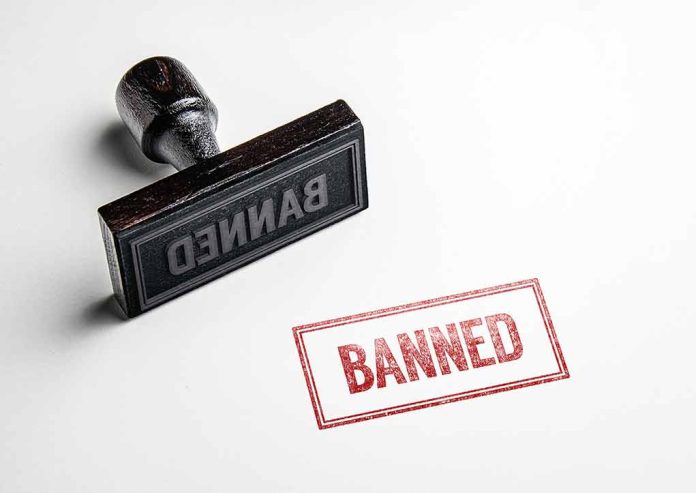
Disney’s latest remake of Snow White faces international controversy as Lebanon bans the film, partly due to the politics surrounding actress Gal Gadot.
Key Takeaways
- Disney’s “Snow White” has been banned in Lebanon, largely because of Israeli actress Gal Gadot’s involvement and her prominence on the country’s boycott list.
- The decision reflects ongoing geopolitical tensions and has been ordered in the context of Israeli-Hezbollah conflicts.
- This isn’t the first ban involving Gadot; previous works like “Wonder Woman” and “Death on the Nile” have also been prohibited in Lebanon due to her Israeli ties.
- Protests and heightened political debates arose following the ban, highlighting differing views within the cast.
- The film faced numerous production challenges, which alongside the ban, contributed to disappointing box office results.
Lebanon’s Ban and Underlying Reasons
Lebanon’s decision to ban “Snow White” stems from the involvement of Gal Gadot, an Israeli actress who served in the Israel Defense Forces. Under the directive of Interior Minister Ahmad al-Hajjar, the ban reflects Lebanon’s policy against artists with Israeli connections, particularly due to recent Israeli military actions against Hezbollah militants in Lebanon.
This trend continues from past bans on Gadot’s films, due to her public support for Israel. Gadot’s outspoken stance, especially after the October 7 Hamas attacks, fuels the boycott movement championed by those who support Palestine.
Impact on Film Production and Market Reception
The ban has a notable impact on the film’s already challenging market performance. Following various delays, including those caused by COVID-19 and industry strikes, “Snow White” has struggled financially, requiring over $550 million to break even against its high production budget but falling short at just $182.6 million globally.
“My heart breaks. My country is at war. I worry for my family, my friends. I worry for my people,” Gadot wrote on social media.
Furthering difficulties, the film’s release has been disrupted by review-bombing, yielding mixed critical and audience reactions. In addition to political tension, internal cast disputes, heightened following co-star Rachel Zegler’s pro-Palestine sentiments, have also gained public attention.
Cast Dynamics and Public Reaction
The film features a cast with deeply opposed political views; Gadot is a staunch supporter of Israel, while Zegler has expressed solidarity with Palestinian causes. Tensions between the two have led to awkward promotional campaigns and public conflicts, exacerbated by protests at Gadot’s Hollywood Walk of Fame ceremony.
“Never did I imagine that on the streets of the United States, and different cities around the world, we would see people not condemning Hamas, but celebrating, justifying and cheering on a massacre of Jews,” Gadot said in a speech.
Both Gadot and Zegler have become symbols of political debate, each facing significant public and personal challenges, including threats that have prompted increased security. Their starkly different views have not only affected promotional activities but have also served as a microcosm of broader geopolitical tensions, drawing both support and criticism from various international audiences.





